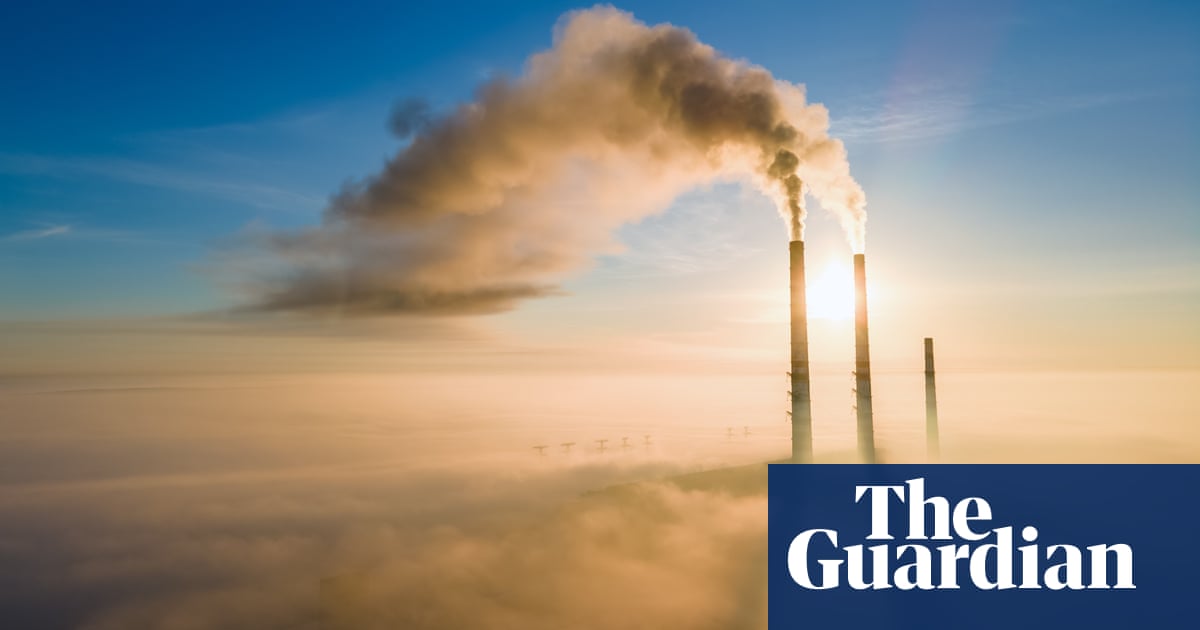Rich countries are dragging their feet on producing new plans to combat the climate crisis, thereby putting the poor into greater danger, some of the world’s most vulnerable nations have warned.
All governments are supposed to publish new plans this year on cutting greenhouse gas emissions, but so far only a small majority have done so, and some of the plans submitted have been inadequate to the scale of action needed.
Pacific island states have written to the governments of developed countries urging them to hurry, and to make the steep cuts in carbon needed. The rich are also yet to set out details of how they will fulfil their obligations to ensure $1.3tn a year in climate finance flows to poor countries by 2035.
“We have voiced again and again the reality that we face: our islands’ safety depends on your collective commitments to take decisive action. The only question now is: what will you do with that knowledge?” the countries asked, in a letter seen by the Guardian.
At last year’s UN climate summit, Cop29, the small island states and least developed country groupings walked out of the talks in frustration.
They are calling for concrete action from the rich world well before this year’sCop30summit, to be held in Brazil this November.
Several Pacific islands are also involved in a court case, trying to hold rich countries to account for their climate failings under international law.
All countries carry obligations under the Paris agreement to cut carbon in line with the goal of limiting global temperatures to 1.5C (2.7F) above preindustrial levels.
The US has withdrawn from the Paris agreement, but so far no others have followed. However, current commitments by countries to cut emissions would result in temperature rises of an estimated 2.8C, so far more stringent reductions are needed.
The UN has asked countries to come up with their national plans, called nationally determined contributions (NDCs), by September, as most missed the original February deadline. The UN told countries earlier this year that it would be better to work longer on their commitments and provide them in greater detail, along with potential policies to achieve them, than to rush out NDCs to meet the February deadline.
The EU is not expected to provide its NDC until this summer, and China promised this week to publish its plan before Cop30 without specifying the expected date.
The islands wrote that time was running short: “Now is the time to meet those obligations. We call on all leaders, especially the leaders of the G20, to submit ambitious, 1.5C-aligned economy-wide NDCs covering all greenhouse gases before the UN general assembly in September. These NDCs must focus on domestic reductions and not carbon offsets.”
The islands also said that countries should be prepared to revise their NDCs at Cop30, if they were found to be inadequate.
All countries have also agreed to phase out fossil fuels, and NDCs should contain clear details on how governments plan to achieve this, the islands added in their letter.
Rich countries may balk at the cost of helping the poor, they noted. “But the cost of delay and the cost of inaction are far higher. The planet is already under severe strain with the risk of entering a doom loop of natural disasters, ecosystem collapse, food system collapse, economic collapse and mass migrations staring us all in the face. Humanity, vision, and collaboration are the solution for a safe future.”
Ministers and senior officials from more than 60 countries met in London on Thursday and Friday to discuss energy security. Ed Miliband, the UK energy secretary, told the conference there could be no national security without strong policies on the climate. The UK is one of only a handful of developed countries that have so far submitted their NDCs to the UN. Civil society groups called for NDCs to be detailed and focused on policy, rather than vague and long-term targets.
